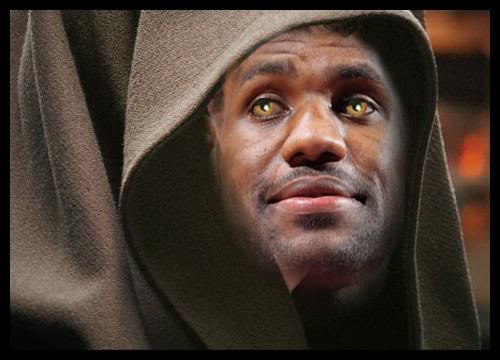...
Mr. Douglas's performance in the sequel measures up to Gekko's rep, but the rest of the movie is pumped up to the bursting point with gasbag caricatures, overblown sermons and a semicoherent swirl of events surrounding the economy's recent meltdown. The story certainly holds your attention, but it's a dramatic bubble about a financial bubble.
Although the action starts in 2001, the time frame soon shifts to 2008, and a superheated economic climate that even Gekko could not have envisioned. There's a nice irony in the veteran conniver coming on, during public appearances, as a cross between Cassandra and a common scold—he rails against speculation as the mother of all evils, and denounces leveraged debt.
But his preachments sound awfully familiar at this juncture, and they're played against a crisis that unfolds much too slowly to capture the frenzy of the September 2008 meltdown. In a fictionalized version of those events, an old-line investment bank with a strong resemblance to Lehman Brothers goes belly up, and all hell threatens to break loose in the media surround—Jim Cramer in full cry, Warren Buffett likening derivates to WMDs. Yet the fall of other dominoes is delayed while the scatterbrained script, by Allan Loeb and Stephen Schiff, takes time out for Gekko's warnings, and plunges into the turgid complexities of a morality melodrama that involves the next Gordon Gekko—a provisionally idealistic young trader who falls under the old man's malign spell while making plans to marry his estranged daughter.
Shia LaBeouf plays the trader, Jake; he's effective within the limits of Mr. Stone's ham-fisted direction. (Jake's idealism is signaled by his ardent belief in the green promise of fusion energy.)...
WSJ movie review































